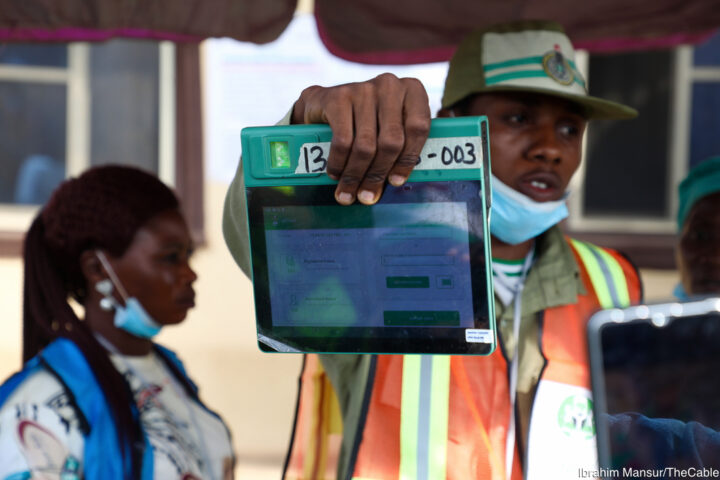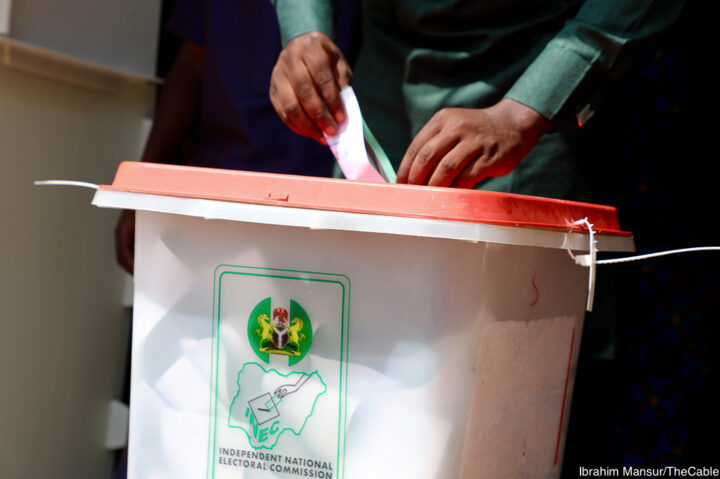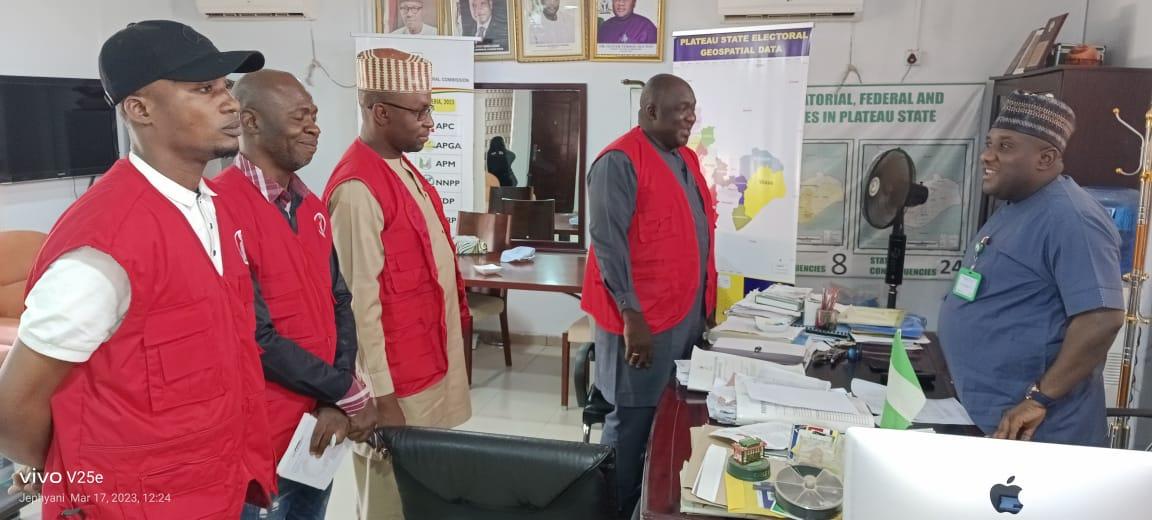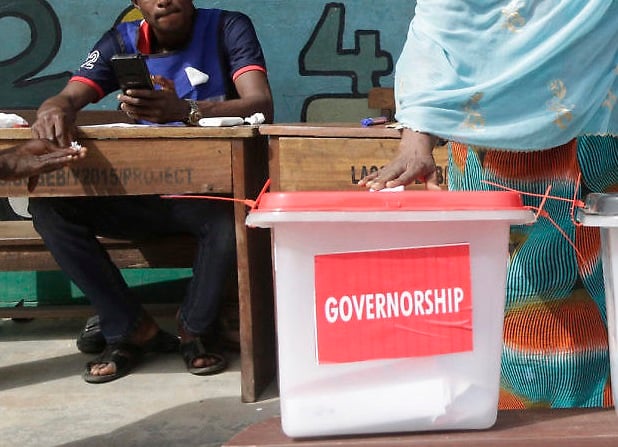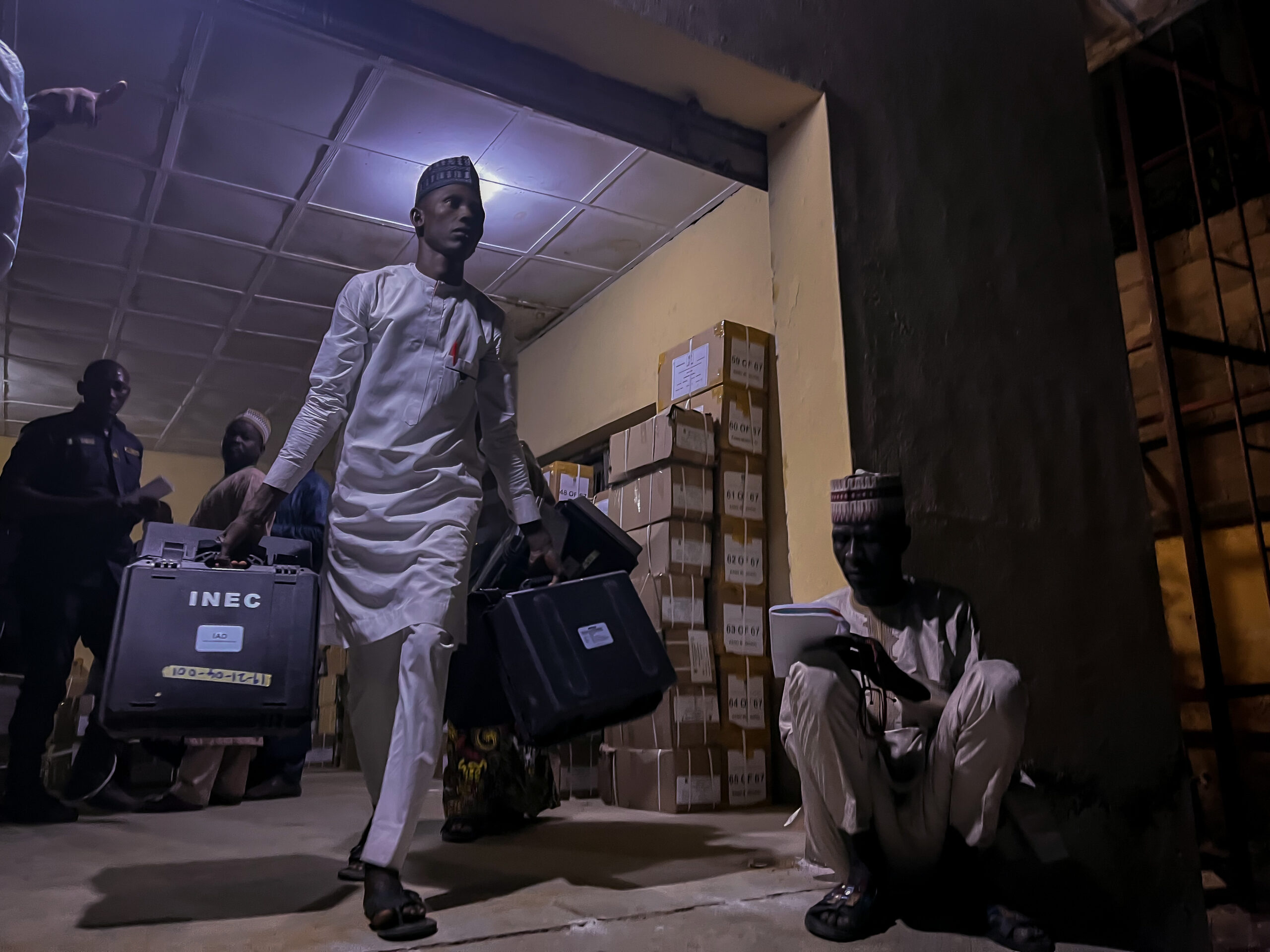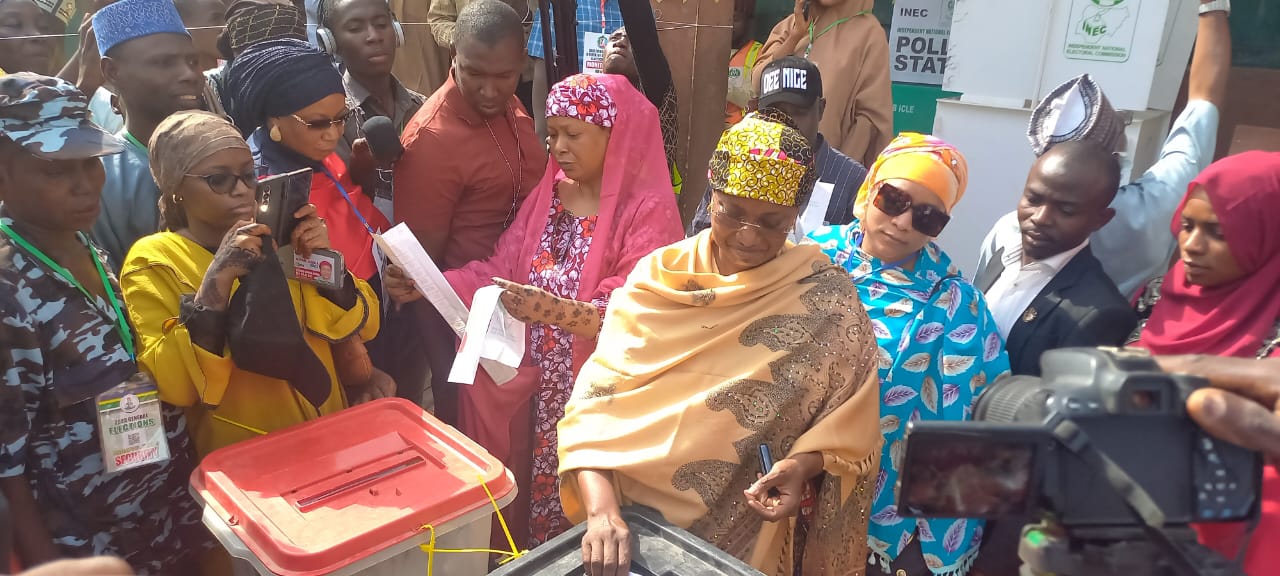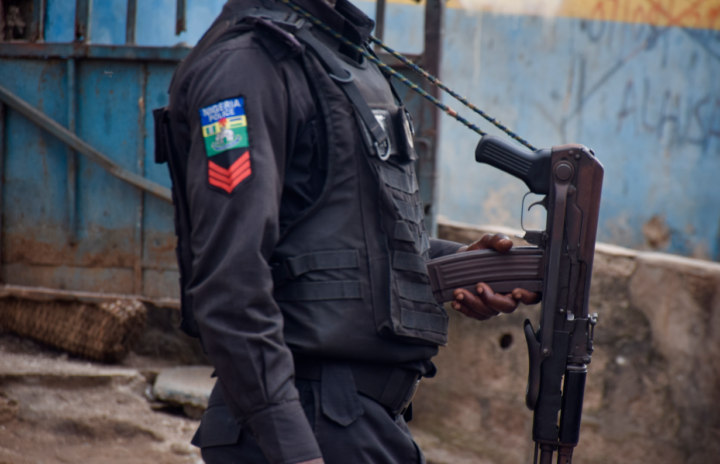The Center for Democracy and Development (CDD) says the Independent National Electoral Commission (INEC) should ensure that the bimodal voter accreditation system (BVAS) and the result viewing portal (IREV) work optimally in the March 18 elections.
During the presidential election on February 25, the BVAS and IREV did not perform up to expectations despite assurances by INEC that the technologies would improve the transparency of the electoral process.
In a press statement on Friday, the CDD said INEC has had enough time to resolve the issues and should be able to conduct credible elections on Saturday.
“Improved functionality will contribute to greater election results transparency, but this can still be undermined by compromised INEC officials and ad-hoc staff,” the statement reads.
Advertisement
“The suspension of the RECs for Abia and Sokoto states for ‘endangering the electoral process’ is welcome but points to the prevailing challenge that INEC officials and ad-hoc staff can be subject to the whims and caprices of state governments in ways that negatively impact voter confidence and the election’s credibility.
“We encourage all ad-hoc INEC staff to abide by the commission’s code of conduct when carrying out their duties on election day and when announcing results.
“The prompt submission of polling unit results to IReV is critical and will support an improved perception of INECs performance. We also urge the commission to be both proactive and responsive in its communication with voters.”
Advertisement
The CDD said INEC should also avoid prolonged periods of silence that could provide room for misinformation and disinformation.
While calling for improved security at the polls, it said violence linked to the state elections could worsen due to the activities of armed groups, quasi-security outfits, and political thugs.
“States that will hold gubernatorial polls with the most incidents of political violence since 1 January 2023 according to the Nigeria Election Violence Tracker are Lagos, Rivers, Kano, Delta, and Anambra – with Kano the state with the most recorded deaths as a consequence at 20.
“Osun, Imo, and Ebonyi have also seen a number of incidents in the past three months that could disrupt state house of assembly polls taking place in the state. In total, 109 deaths linked to political violence have been recorded from the start of the year to 10 March 2023 according to the tracker.
Advertisement
“Groups such as Yan Sakai, the Civilian Joint Task Force, Neighbourhood Watch, Amotekun, and Ebubeagu have been and can be, armed and deployed by state governors and their allies to perpetrate electoral violence or suppress voter turnout, particularly in areas of strong opposition support.
“The insecurity they create itself portends dangers for the ability to conduct credible elections, increases the likelihood of inconclusive results and, ultimately, the need for supplementary elections. Bauchi, Kano, Rivers, and Sokoto all faced this scenario in 2019, with a high risk of repeat in 2023.
“The security agencies have a very important role to play in this elections. I think one will be very important, the adequate deployment of personnel to polling units to ensure that they can keep maintaining law and order. While at the same time, we want them to refrain from intimidation or partisanship during the elections.”
Advertisement
Add a comment
